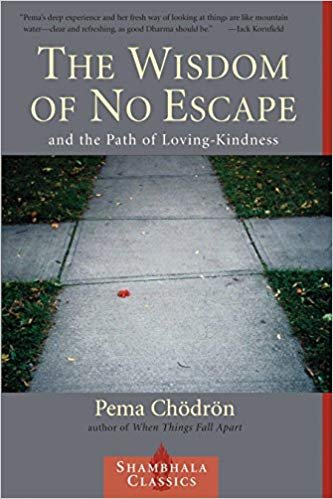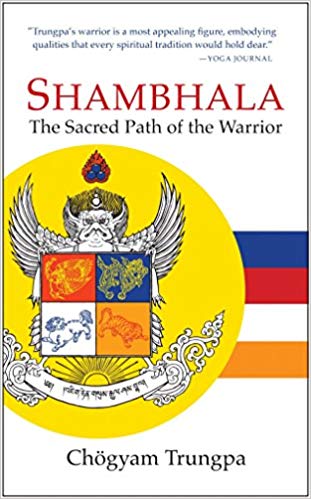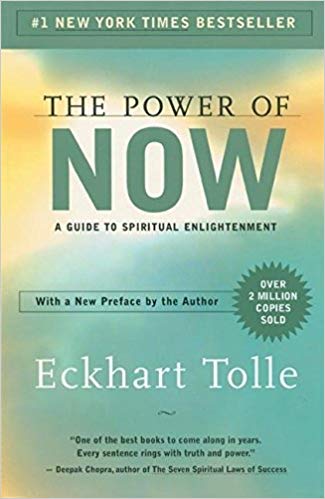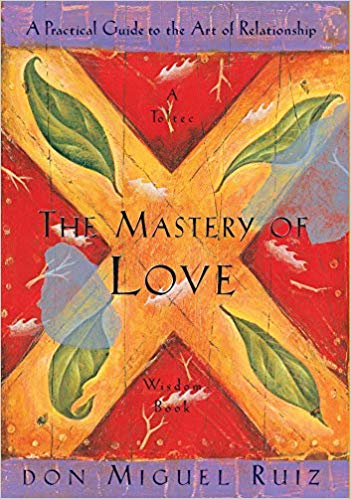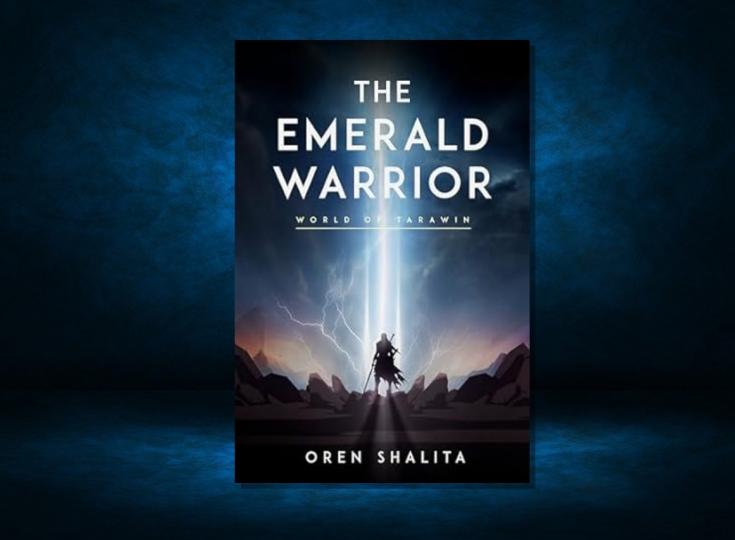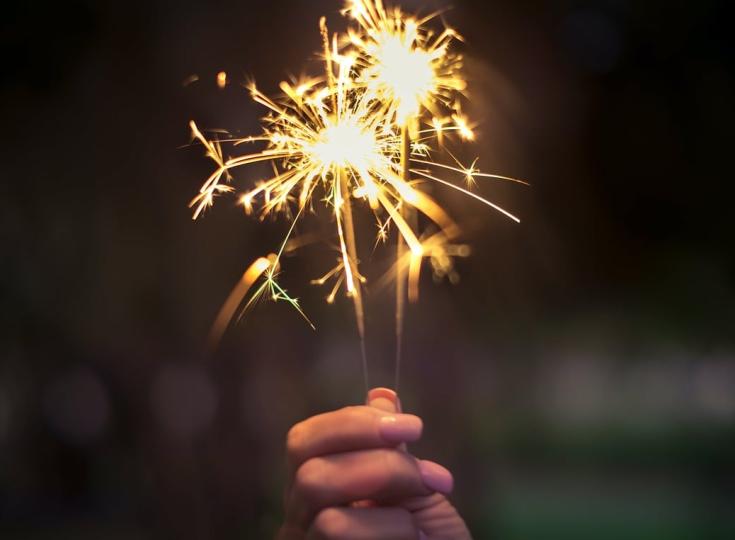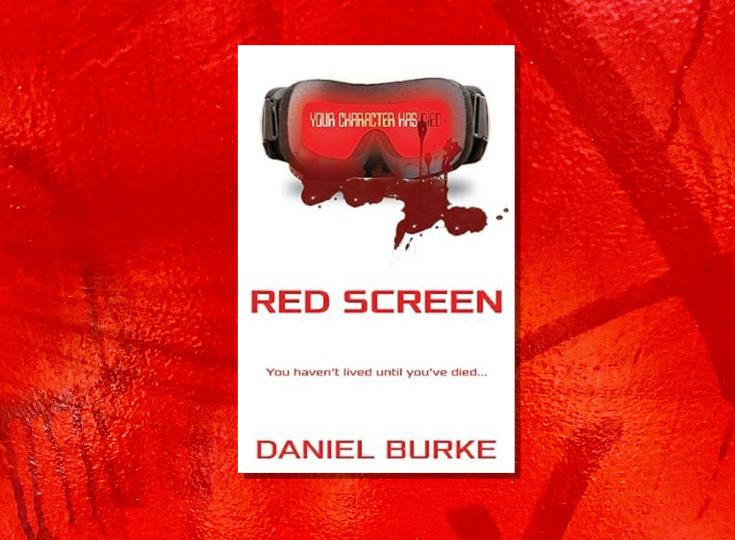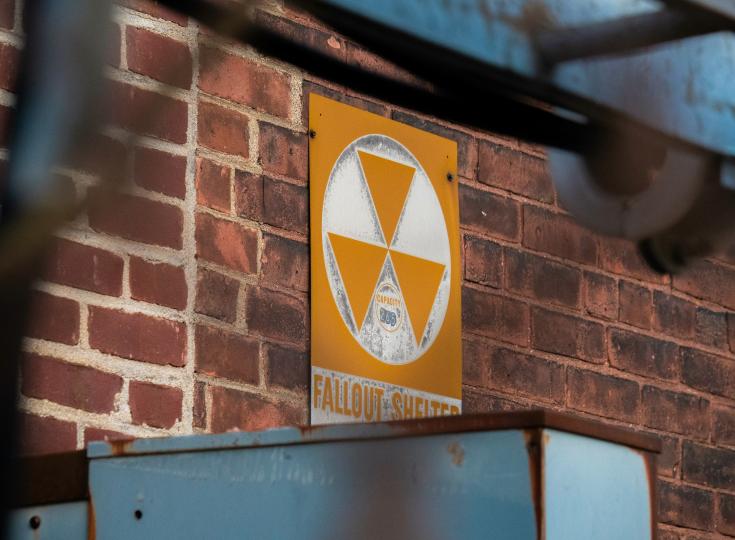5 Books About Mindfulness - Recommended by Seth J. Gillihan

Seth J. Gillihan is a licensed psychologist and clinical assistant professor of psychology in the Psychiatry Department at the University of Pennsylvania. We asked him to pick his five favorite books about Mindfulness and, in this interview, we talk all about it.
Please tell us a bit about yourself and your work?
I'm a clinical psychologist. I spend a lot of time doing one-on-one therapy with adults who are dealing with various things, like anxiety, OCD, depression, insomnia, and just the stress of living. I also love writing books, blogging, and hosting the Think Act Be podcast with conversations on living more fully.
Most of my work focuses on cognitive-behavioral therapy (CBT) and mindfulness and thinking about how these approaches reinforce each other. I try to make the concepts easy to understand and offer ways to bring useful practices into everyday life.
Why do you think it important to practice mindfulness in daily life?
I think it's just what it means to live life in the most meaningful way. Living mindlessly, when we're always focused on something besides what we're doing, or we're struggling against reality, is so unfulfilling. In contrast, mindful awareness in daily life strengthens our relationships, our connections with what's around us, and gets rid of unnecessary suffering. Finding ways to bring mindful practice into daily life seems like one of the surest ways to live well.
The first book on your list is The Wisdom of No Escape and the Path of Loving-Kindness. Why did this book make such a great impression on you?
I was drawn to Pema Chödrön's work for a long time, but hesitated to read her books because, to be honest, I was a little afraid of her! I was afraid she was going to be like my own internal voice: strict, harsh, judgmental.... In contrast what I find throughout her writings is a lovely blend of strong encouragement to be responsible for ourselves with an utter acceptance of who we are, with all our human frailties. I find that strong compassion so compelling. She's also utterly relatable, as she speaks as a fellow traveler on this journey.
This book in particular is just filled with invaluable wisdom and insights. I've probably read it 3 or 4 times now, and continue to return to it to be reminded of the things she says. I'm always struck by the passage that opens the book, which invites us to step out of the habitual pattern of just trying to get comfortable, and instead pursue a life of greater openness to adventure and all that life is. I love that. I've recommended it to so many people.
How do you think one should deal with the fact that there is "no escape" from the ups and downs of life?
I think the best we can do is to embrace it. There's wisdom in that recognition, as Chödrön's title suggests. I actually find it quite freeing to recognize that this is it—that we can't escape from the difficulties that come with being alive. It's the same freedom I find in the writings of the Stoics, and the adaptation of Stoic principles in CBT. By stepping out of that pointless struggle, we can focus our attention where it can actually make a difference, like bringing the full force of our presence to our relationships and to service.
Next up is Shambhala: The Sacred Path of the Warrior. What drew you to this book?
This one actually seemed to show up in my life by magic. I had just been introduced to the concept of mindfulness and then happened to notice this book on our bookshelf. It had probably been there for eight years or so, and I'd never taken note of it. The title is quite striking—what is the warrior's "sacred path"?
As soon as I started reading it, I was sucked right in. I can still recall sitting on the train reading this book on my way to work, and feeling like the scales were dropping away from my eyes and I was seeing clearly for the first time. At the same time, it felt like Trungpa's words captured things I had felt strongly yet never been able to put into language. I couldn't put it down. I don't think any book has ever affected me so profoundly.
The sacred warrior conquers the world not through violence or aggression, but through gentleness. Do you agree with this and if so, why?
Absolutely! That's part of what I love about the whole approach of Shambhala, that it blends strength with gentleness and openness. It's always struck me that the hardest work is to love with our whole hearts, which seems to be what this book is about. On a personal level, it's so much harder to respond with gentleness than with violence and aggression. It requires mastering ourselves, which is no easy thing.
And I love the idea of the strength it takes to open to the genuine sadness of our hearts, allowing our defensive armor to fall away. It's easy to run when we start to feel the sadness that comes with being truly open to all of life, whether we run to alcohol or smoking or entertainment or intellectualism or anything else. I think that's why Trungpa says we need to be warriors, invoking a kind of fierceness in our willingness to face life just as it is.
The Power of Now: A Guide to Spiritual Enlightenment is third on your list. Why is it so important to live in the present?
I suppose because there's nowhere else to live! I mean, we can spend time focused on the past and the future, but it doesn't feel like real living. Someone once described the centered presence he felt while catching a wave for about six seconds; he said it felt like more living than days of doing things in his typical mode of anxious distraction.
There's something about coming right into the present, the immediate present, that is so often calming. Even if we're in a difficult place, just being in that place causes less suffering than struggling against it and wishing we were elsewhere.
It makes me think of a time I was feeling anxious and stressed out, and I decided to peel and eat a clementine and to really experience it. I felt the peel in my hands, smelled the oils as I peeled it, heard the sound of the sections as I separated them, tasted its sweetness. Immediately I felt centered and could let go of the stories I was telling myself about how I couldn't possibly get everything done.
You also recommend The Mastery of Love: A Practical Guide to the Art of Relationship. Please tell us more about this book.
Don Miguel Ruiz writes masterfully. There's a magical quality to his writing that he's unapologetic about. (A bit similar to Eckhart Tolle's in that way.) Ruiz captures and conveys crucial insights about how our relationship with ourselves affects our relationships with others, and how to go about healing our relationship with ourselves.
I read this book around the time that I was discovering what it truly means to experience being loved. It's amazing how long we can live without really knowing that! And I discovered that the awareness that we're loved has to come from within, though others can certainly be instrumental in helping us open our eyes and our hearts. Again, Ruiz expresses this truth so clearly and directly, in a way that resonated with and built on my own understanding of what it means to know we're loved—and to love ourselves.
Do you think having a good relationship is a skill that can be mastered?
Yes, with practice. Probably a lot of practice for most of us. I think it's important to note that "mastery" doesn't mean the relationship doesn't have conflict and struggles. On the contrary, there can be a lot of conflict in a healthy relationship. But we can have strong, enduring relationships in which we share love and connection, and embrace the other person just as they are.
Last up is The Golden Sequence: A Manual for Reclaiming our Humanity. Why, would you say do so many people today struggle to make sense of the world?
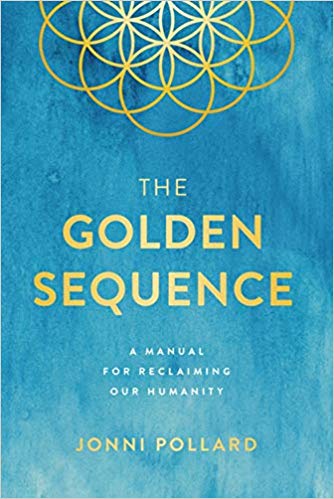
That's a great question. The world can be a pretty bewildering place for us. We're promised that happiness and contentment lie precisely where we're not going to find them—in possessions, status, domination. So it can be so confusing to find that the more we pursue these things, the less content we feel, even when we seem to be "succeeding."
The crush of technology seems to have accelerated this disconnect, as we pursue Likes and Follows etc. with an addict's zeal, while our real-life connections wither. But we're conditioned to seek more of exactly what's leading to our discontent, doubling down on our screen time rather than rediscovering connection to the three dimensional world.
Why is it important to rediscover your authentic human nature?
That's the only way to conquer anxiety and alienation. There's a truth about you that's at the level of your spirit, the "you-iest" part of you. We often cover it over with layers and layers, exactly as Chögyam Trungpa and Pema Chödrön describe, to protect ourselves. And in the process of building protective walls, we wall ourselves off from others and even from knowing who we really are.
I'm finding that there's nothing more exciting than starting to look behind those layers. Even the awareness that we're more than we tend to realize can be exhilarating. Because I think deep down, we all know it! We know we're more than these physical bodies and these anxious, judging minds. There's a deep truth about ourselves that wants to be known.
So by starting to discover that truth about who we are, we can start to live that truth. We can discover, as Jonni Pollard so beautifully describes, that life is sacred and love is our nature. And the actions that follow from the truth of who we are will bring fulfillment in a way that the endless pursuit of our false selves never can.
Where can our readers discover more of your work or interact with you?
I'm online at sethgillihan.com. You can find my books on Amazon, and my blog on Psychology Today. I host the weekly Think Act Be podcast, with a wide range of conversations on living more fully, and I'm on Facebook and Twitter. And sign up for my weekly newsletter!
